The views expressed in our content reflect individual perspectives and do not represent the authoritative views of the Baha'i Faith.
Before we talk about how to remedy them, let’s define a few of the various varieties of human prejudice:
- Racism is a prejudice, discrimination, or antagonism directed against people of a different race based on the emotional belief in the superiority of one’s own race.
- Having the institutional power to enforce these beliefs gives it structure and legality, thus allowing it to perpetuate and become institutionalized.
- Colorism, often practiced with the same racial groups, is a practice of discrimination in which those with lighter skin are treated more favorably than those with darker skin.
- Internalized racism or bias occurs when victims of racism, through coercion or conditioning, turn racist attitudes and actions in against themselves or their racial/ethnic group.
Many people of African descent internalize and idealize society’s implicit values for lighter skin, because that is considered to incite less racism and prejudice towards them. It involves using racist terms against other members of the same racial/ethnic group; feeling a sense of self-hatred; or placing higher values on members who appear or act more “white.”
Most of us can probably agree that eliminating all forms of racism is crucial to realizing real justice for humanity. But how do we accomplish that lofty goal in the face of this worldwide disease and all of its symptoms?
Baha’is believe that racism in all its forms is a spiritual disease—which must be treated with a spiritual remedy.
Is that practical, given how the disease has permeated all people and insidiously derails the self-worth and self-esteem of its victims, while debasing the humanity of its perpetrators? Discussing racism and bringing it to the surface to raise awareness, to better see and understand the damage it does, can only do so much. We can’t intellectualize our way out of racism.
In the same way, material solutions are like bandages covering cancer cells. “Since I can’t see it,” the reasoning goes, “it must be gone.” Unfortunately, the cancer still grows and spreads, making us sicker. Getting at the cause of a spiritual disease requires spiritual treatment. We need solutions that attack the cancer at its root. We need a spiritual physician:
The All-Knowing Physician hath His finger on the pulse of mankind. He perceiveth the disease, and prescribeth, in His unerring wisdom, the remedy. Every age hath its own problem, and every soul its particular aspiration. The remedy the world needeth in its present-day afflictions can never be the same as that which a subsequent age may require. Be anxiously concerned with the needs of the age ye live in, and center your deliberations on its exigencies and requirements. – Baha’u’llah, Gleanings from the Writings of Baha’u’llah, p. 212.
The Prophets of God should be regarded as physicians whose task is to foster the well-being of the world and its peoples, that, through the spirit of oneness, they may heal the sickness of a divided humanity. – Ibid., p. 79.
The Baha’i teachings tell us our purpose in life is to know and love God, and to serve humanity. The more we do that, the more we reflect God-like attributes. The more we manifest these qualities, the more we love and serve for the sake of God. With those prescriptions from the divine physician for fundamental inner spiritual change, we can actually alter our perceptions, our emotions and our deepest feelings. In that way, racism and all it entails can gradually give way to embracing, understanding, and living the truth of the oneness of humankind.
For Baha’is, working to enter and stay in that orbit is our spiritual goal, which gives us our spiritual healing. That learning process can remove barriers, reveal our essential oneness and lead to love:
O Children of Men! Know ye not why We created you all from the same dust? That no one should exalt himself over the other. Ponder at all times in your hearts how ye were created. Since We have created you all from one same substance it is incumbent on you to be even as one soul, to walk with the same feet, eat with the same mouth and dwell in the same land, that from your inmost being, by your deeds and actions, the signs of oneness and the essence of detachment may be made manifest. Such is My counsel to you, O concourse of light! Heed ye this counsel that ye may obtain the fruit of holiness from the tree of wondrous glory. – Baha’u’llah, The Hidden Words, p. 20.
You May Also Like
Comments



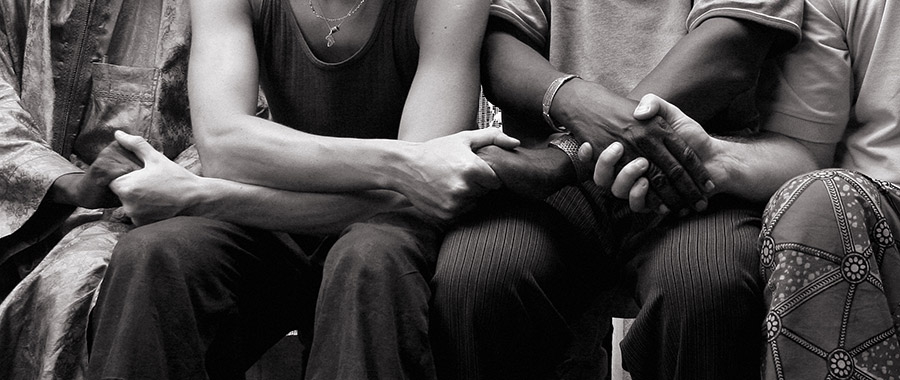
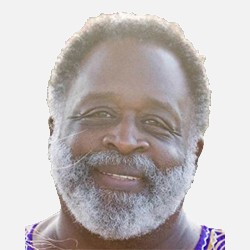
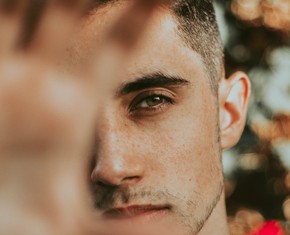
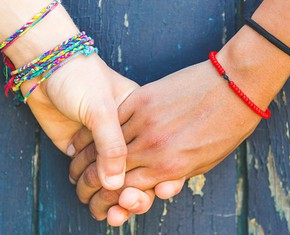








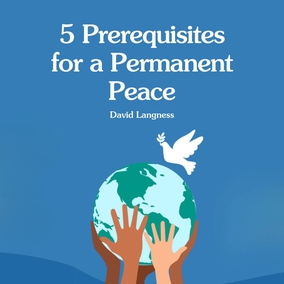

Peace, Walter